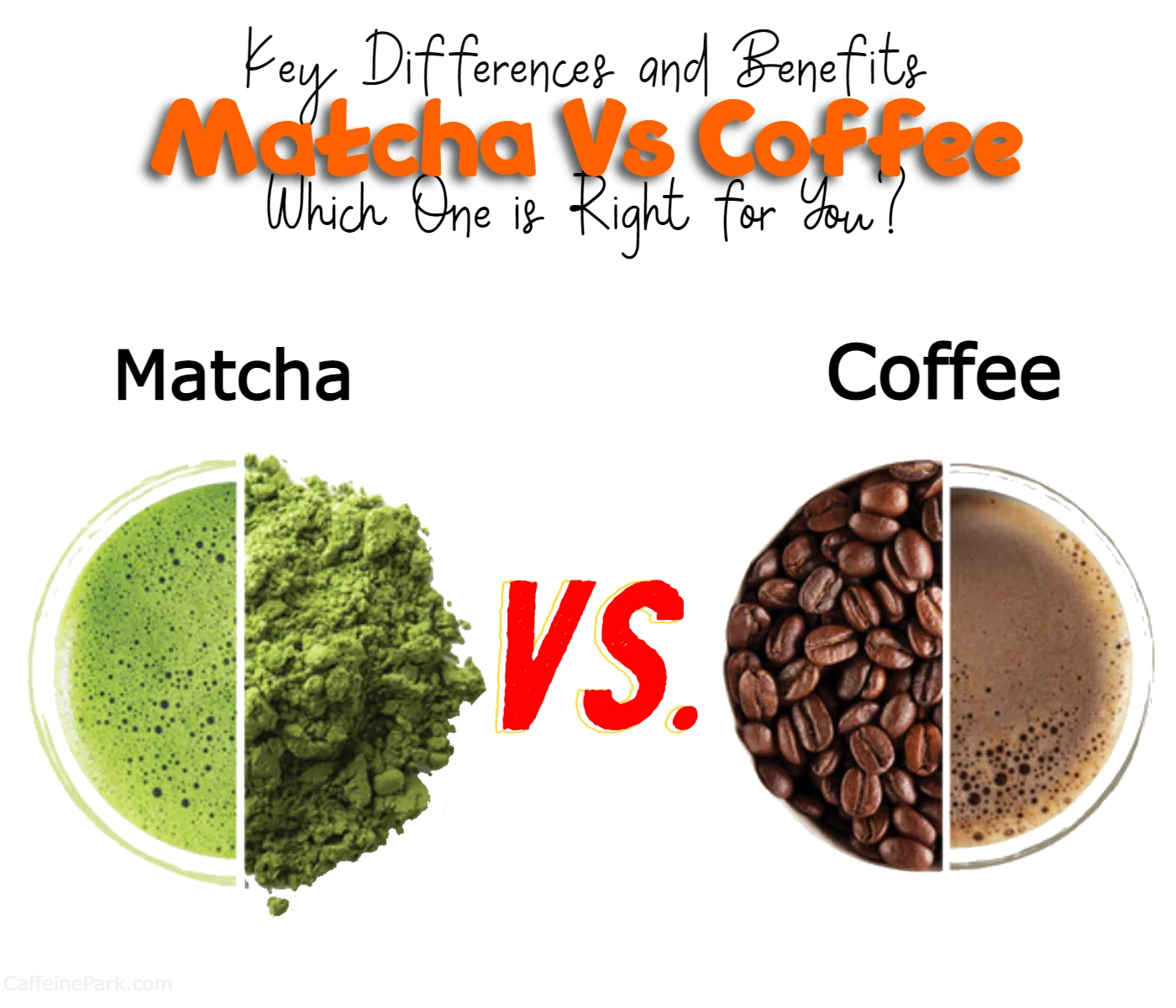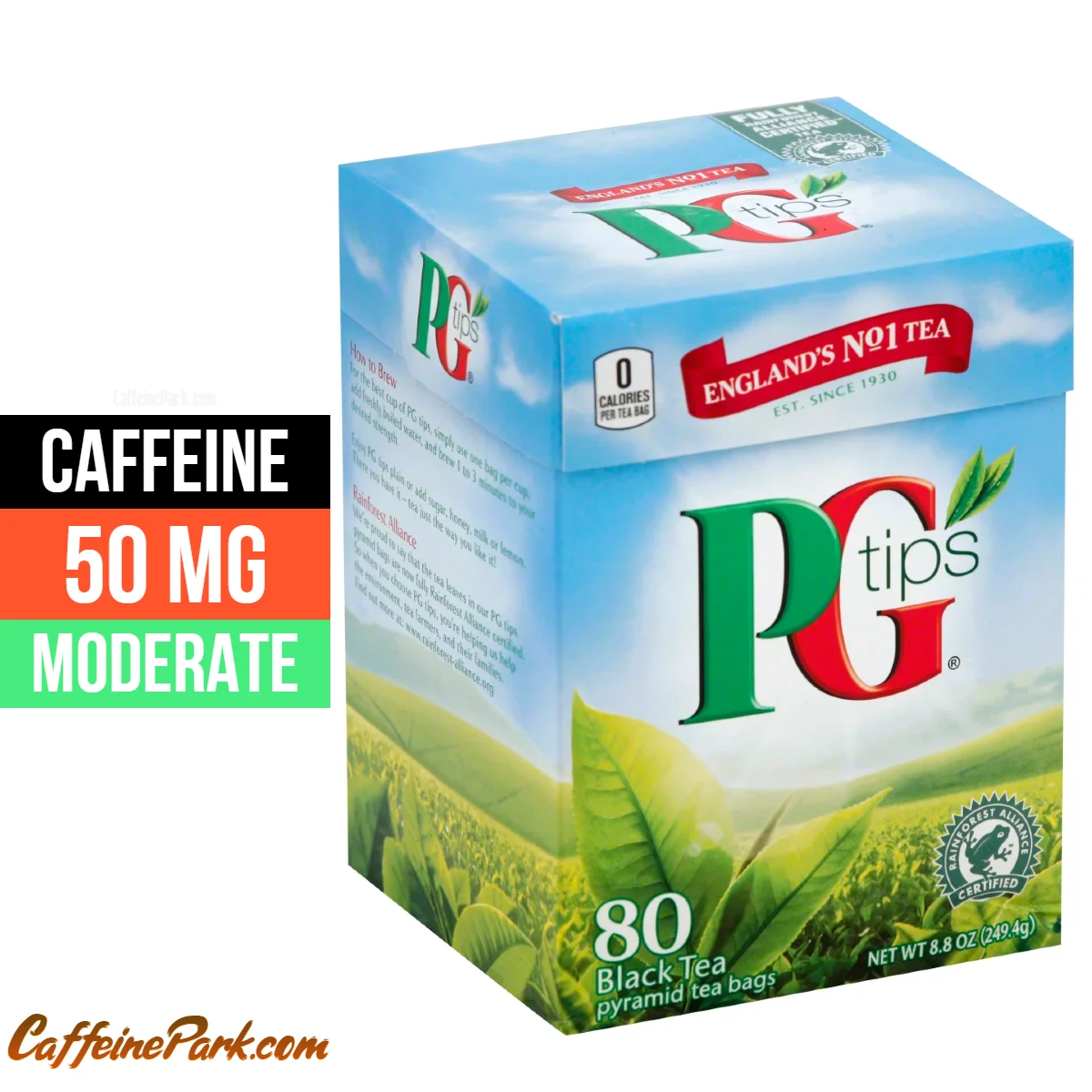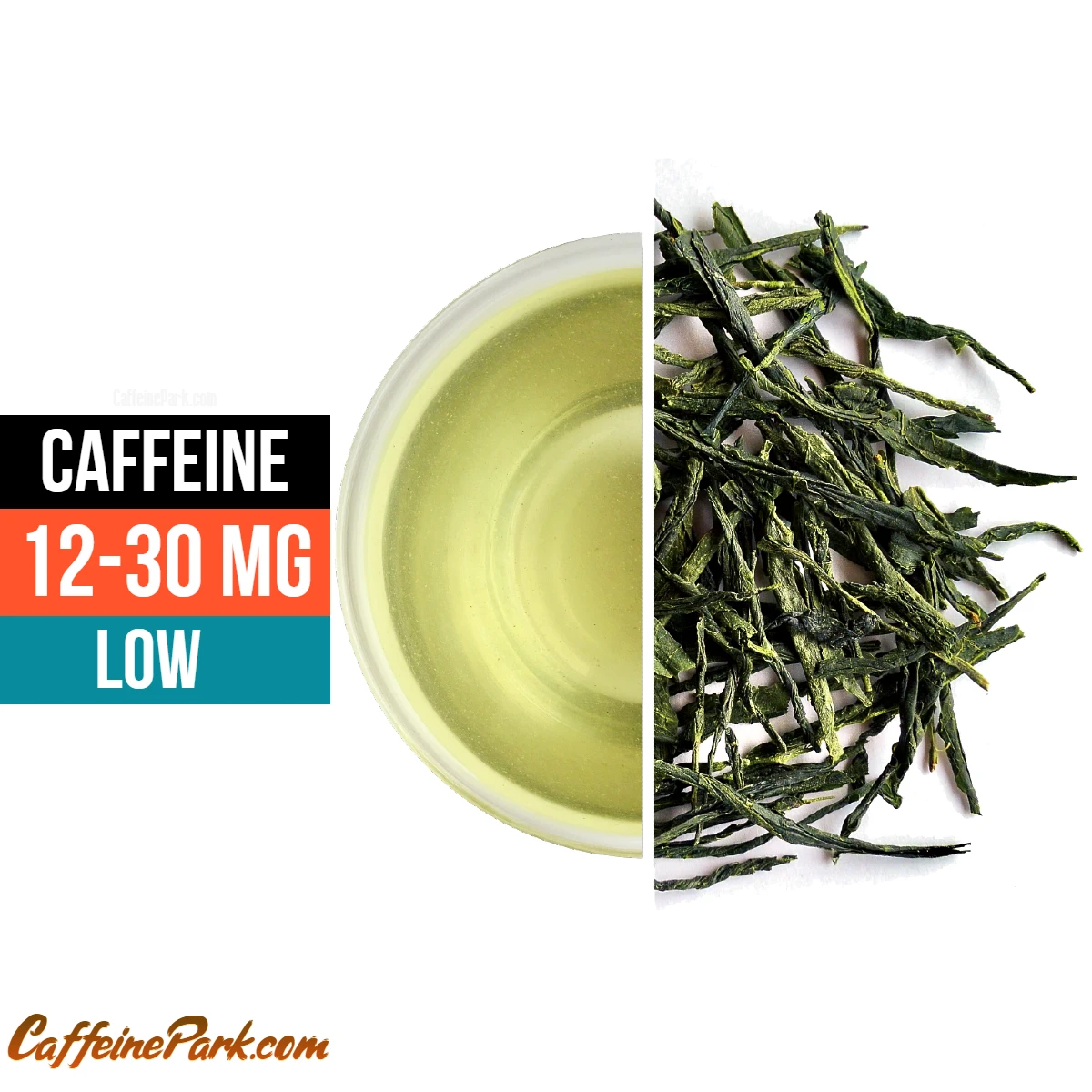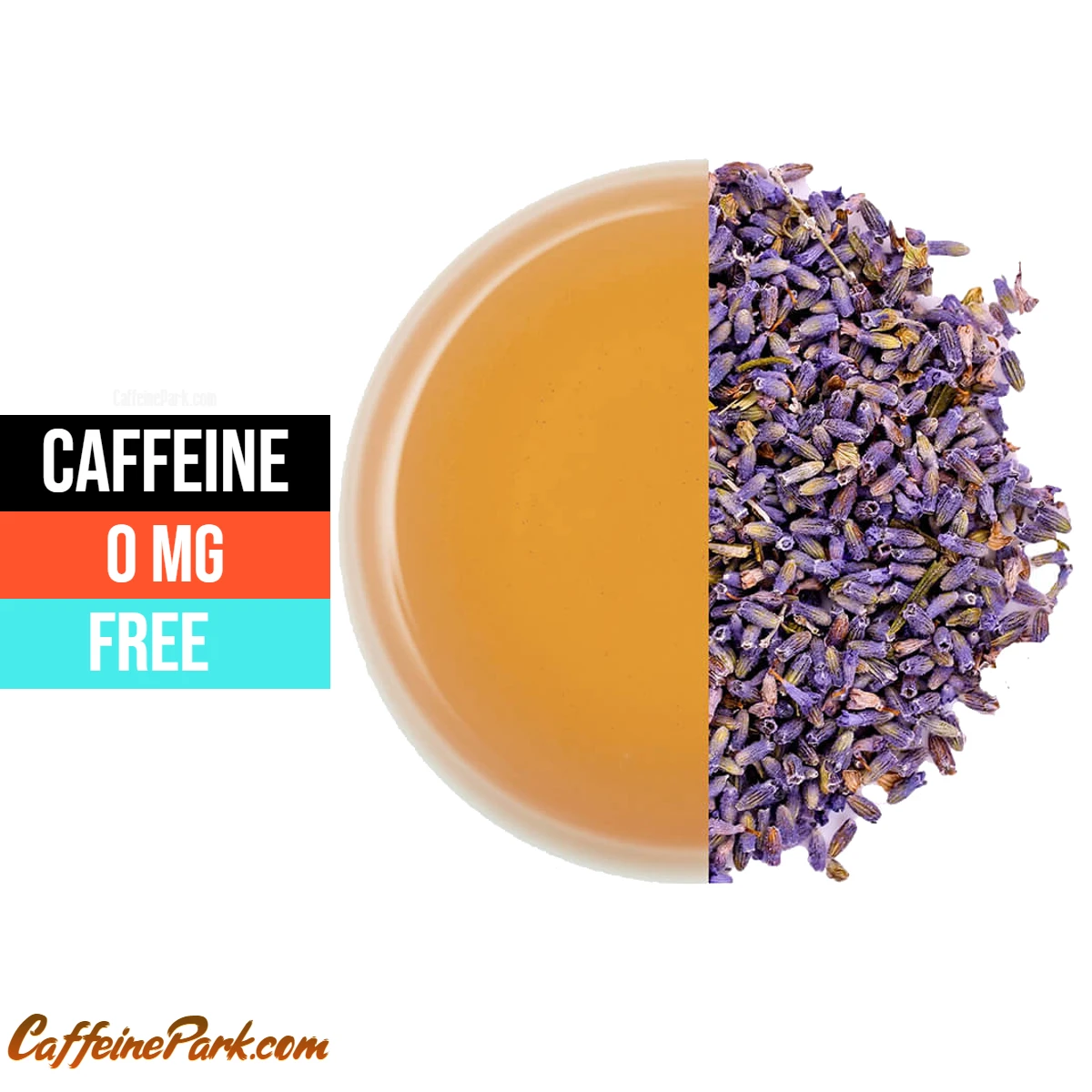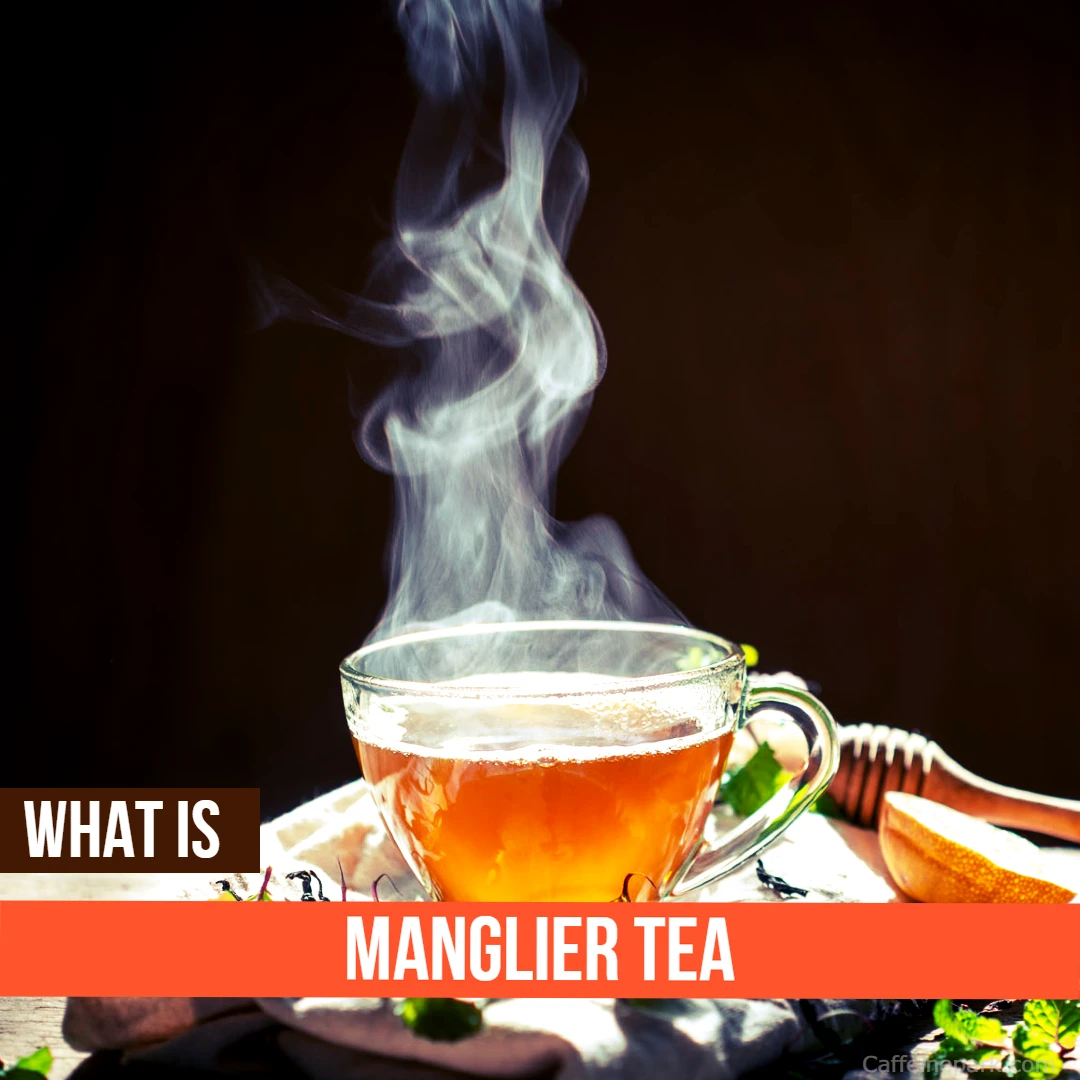
What is Manglier Tea?
Manglier tea is a type of herbal tea made from the leaves and bark of the Manglier tree (Mangifera indica), which is native to India and other parts of Southeast Asia. The tree is also known as the mango tree, as the fruit of the tree is the mango.
Manglier tea is made by brewing the dried leaves and bark of the Manglier tree in hot water. It is said to have a number of potential health benefits, including aiding digestion, reducing inflammation, and improving skin health. However, there is limited scientific evidence to support these claims.
It is important to note that the Manglier tree is also used for other purposes, such as for its wood, which is used in furniture and construction, and for its fruit, which is a popular and nutritious food.
Manglier Tea Leaves
Manglier tea leaves are a type of tea made from the leaves of the manggier tree, which is native to Southeast Asia. The leaves are harvested and processed to create a variety of tea products, including loose-leaf tea, tea bags, and tea blends. Manglier tea is known for its earthy, slightly bitter flavor and is often used in traditional medicines and rituals in Southeast Asia. It is believed to have a number of health benefits, including aiding in digestion, boosting the immune system, and providing antioxidant properties. Manglier tea is often consumed hot, but it can also be enjoyed iced or as a base for tea blends.
Manglier tea leaves are generally green in color and have a unique, slightly sweet and fruity aroma. The flavor of the tea is often described as being slightly sweet and slightly bitter, with a somewhat earthy taste. It is important to note that the leaves and bark of the Manglier tree are also used for other purposes, such as for their potential medicinal properties and as a natural dye. The tree’s fruit, the mango, is also widely consumed and is a popular and nutritious food.
History of Manglier Tea
Manglier is an herbal remedy used by Native American tribes that was first discovered around the 1800’s. It contains a natural extract called baccharis oxide (also known as mangierin). This substance is a powerful triterpenoid, meaning it is a highly multifunctional compound with strong antiviral capabilities. Bactarisin oxide also has anti-inflammatory, antimalarial, antimicrobial, and anticancer properties. Manglier is widely available in health stores.
The leaves of the plant are boiled to make an aromatic yellow/green brew. Because of its strong, bitter taste, Manglier is served with honey and lemon, a cough drop, or peppermint to cut the flavor.
Whole branches can be dried and stored for later use. The leaves can be re-steeped once for a second cup of tea.
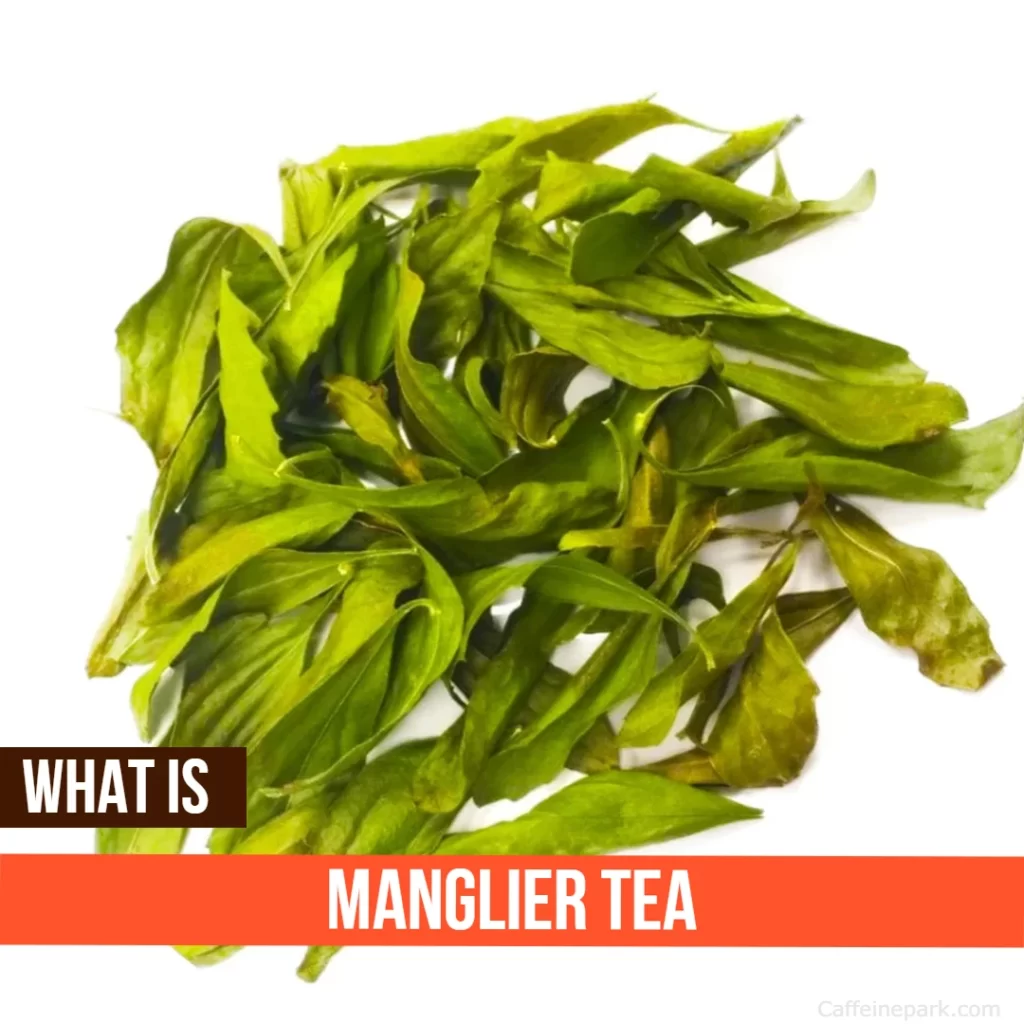
Recommended Dosage Manglier Tea
1-3 cups daily to:
- Fight colds and flu
- Help reverse diabetes
- Strengthens the immune system
- Support the prevention of viral infections
- Assist with helping the body to alleviate inflammation
- Fights obesity
benefits of Manglier Tea
There are a number of potential health benefits associated with Manglier tea, although the scientific evidence to support these claims is limited. Some of the potential benefits of Manglier tea include:
- Digestive aid: Manglier tea is often consumed for its potential digestive benefits, as it is thought to stimulate the production of digestive juices and enzymes, which can help to break down food more effectively.
- Anti-inflammatory: Some people believe that Manglier tea has anti-inflammatory properties, which may help to reduce inflammation in the body and potentially reduce the risk of certain diseases.
- Skin health: Some people use Manglier tea as a natural remedy for skin conditions, such as acne and eczema, due to its potential anti-inflammatory and antioxidant effects.
- Heart health: Some studies have suggested that Manglier tea may have a protective effect on the heart, potentially reducing the risk of heart disease.
It is important to note that while these potential health benefits of Manglier tea are interesting, more research is needed to confirm their effectiveness. As with any dietary supplement or herbal remedy, it is important to speak with a healthcare professional before adding Manglier tea to your diet.
Ingredients in Manglier Tea
To make Manglier tea, the leaves and bark of the Manglier tree are typically harvested, dried, and then crushed or ground into a fine powder. The dried leaves and bark can then be brewed in hot water to make a tea. There are no other ingredients in Manglier tea, as it is made solely from the leaves and bark of the Manglier tree. Some people may choose to add sweeteners or other herbs to their Manglier tea, but these are not traditional ingredients and are not necessary for the tea to be made.
- Organically Grown
- Harvested Manglier
- Note: Each order contains leaves and stems +branches. This is done so you achieve the maximin about of medicinal properties and benefits.
How to brew Manglier Tea?
- Steep 1 teaspoon of Manglier in 9-10 ounces of 175-180°F boiling water for 4 to 5 minutes.
- The longer you steep the stronger the tea becomes.
- Strain, add Fresh Lemon Juice, Raw Honey and peppermint if desired.
Where to buy Manglier tea
Manglier Wellness Tea

From a medical point of Manglier Tea
These statements have not been evaluated by the Food and Drug Administration. This product is not intended to diagnose, treat, cure, or prevent disease.
Does manglier tea have caffeine?
No, Manglier tea is naturally caffeine-free because its plant does not contain any caffeine. Manglier is the hidden jewel of the herbal plants. Manglier Tea is a scarce tea that Native Americans use as a supportive herbal drink.
Read More:
